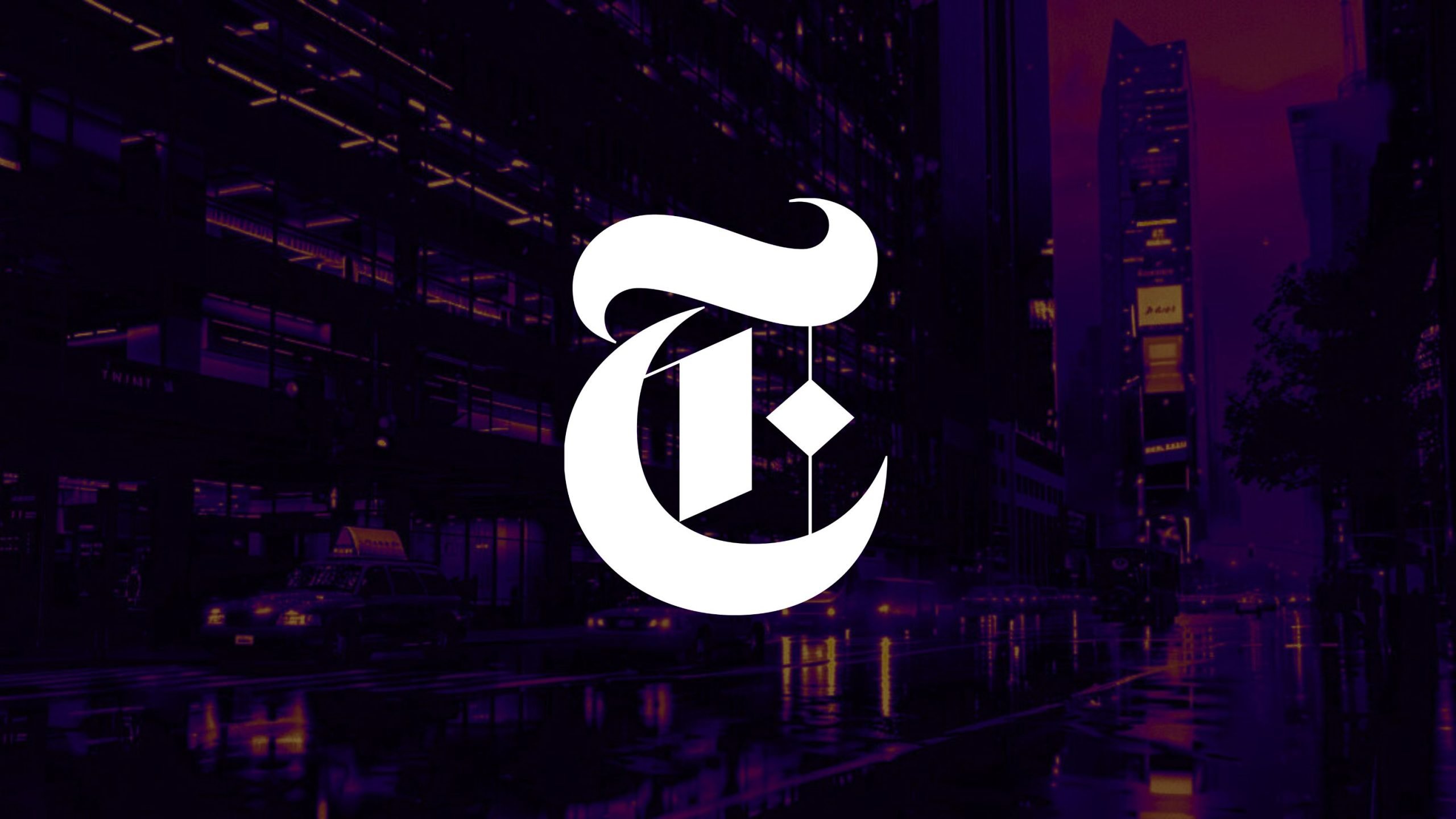If anything – and that’s little comfort to those who expect “real news” from it, but the New York Times (NYT) – this, by any objective measure, former “newspaper of record” – has been consistent at least on one front: in pursuing its many professional fallacies.
Namely, the New York Times has long chosen the path of supporting “the powers that be” – over truly trustworthy, and therefore independent journalism.
And so, here we are once again – another election, another NYT last-minute push to make sure to look into one of the biggest news of the past election cycle – the way the current White House has allegedly (according to the US Congress committee investigating this) – no less than colluded with Big Tech to censor online speech.
But NYT chooses to present it as no more than a now sidelined political ploy.
Not only that – lawsuits like Murthy v. Missouri and their current status, are treated as having “abetted… falsehoods about election fraud.”
The problem with the kind of “falsehoods” cited here, is that those in reality concern free speech, which NYT, its sponsors – those the paper sponsors – the lot – choose to disapprove of, on political grounds.
Still, NYT is not happy about the way things at this time appear to stand on what is known as – again, through the US congressional investigation, as the Big Tech – (Big) Government collusion.
The article attempts to delegitimize the legal push from a quite clear ideological and political point of view, as, “a concerted conservative legal and political campaign that went all the way to the Supreme Court.”
And the resulting Supreme Court decision, according to the NYT, has “abetted the falsehoods” (anybody reading through the Twitter Files alone would have an almost “allergic” reaction to the premise of Murthy vs. Missouri being simplified – and misrepresented, some might say – in this way.)
The point NYT tries to make with its “disinformation has never been worse” piece (NYT might as well at this point, critics could easily say, with these kinds of articles being talking about themselves) – is very clear.
The claim is that it’s not free speech or democracy that suffers. No – it’s that researching the collusion “undercut government agencies, universities, and research organizations that once worked with the social media giants — especially Facebook and Twitter — to slow the spread of disinformation about voting.”










